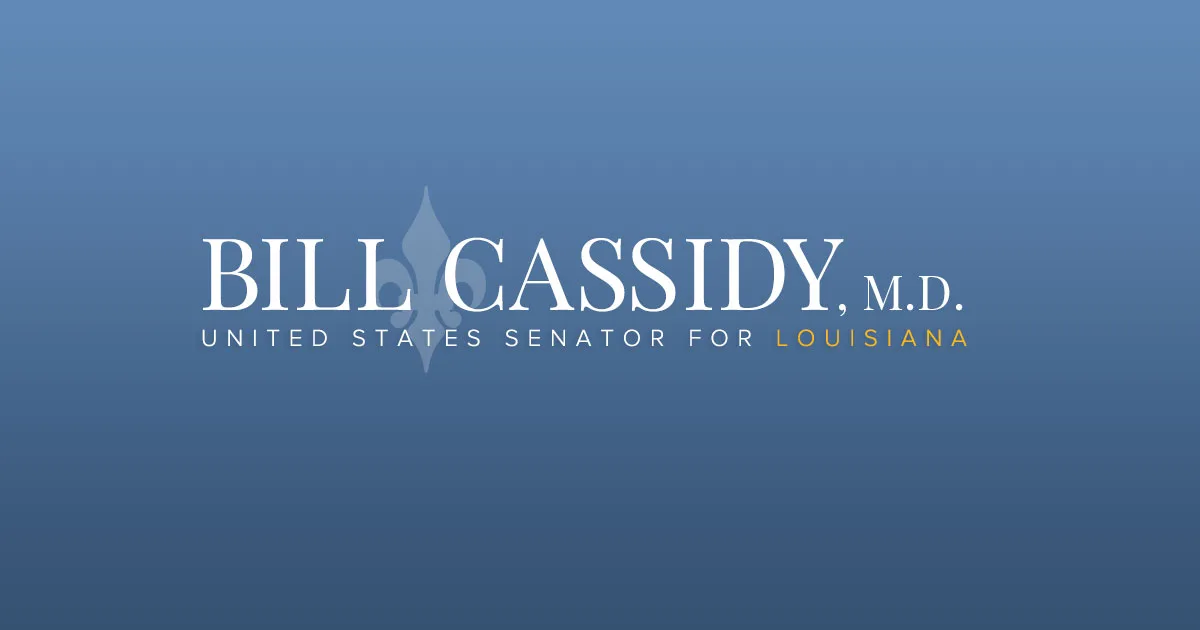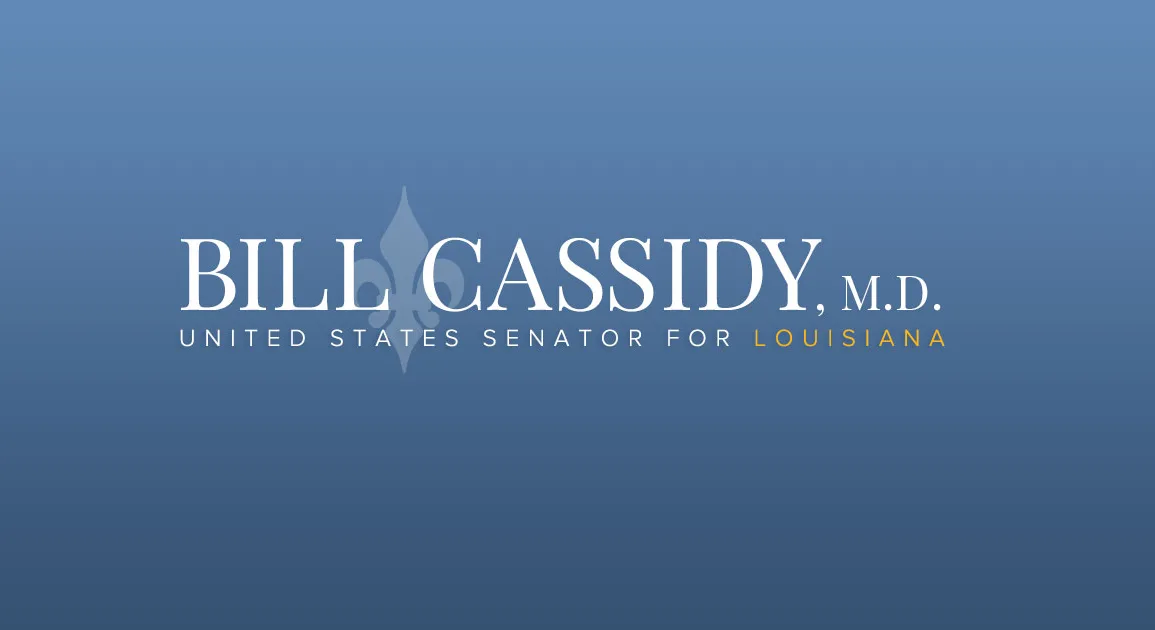
10.27.23
WASHINGTON – U.S. Senators Bill Cassidy, M.D. (R-LA), Tim Scott (R-SC), Chris Coons (D-DE), and colleagues called for the timely consideration of the African Growth and Opportunity Act (AGOA) renewal process as the program’s 2025 sunset approaches in a letter to Senate Majority Leader Chuck Schumer (D-NY) and Senate Minority Leader Mitch McConnell (R-KY). The senators urged for AGOA’s extension to provide certainty for American small businesses, counteract deepening Chinese and Russian influence across the continent, provide U.S. companies sourcing alternatives to China, and promote stability in Sub-Saharan Africa.
“The African Growth and Opportunity Act (AGOA) is the foundation of the United States’ economic relationship with Sub-Saharan Africa. By lowering the cost of trade and encouraging investment in the region, AGOA creates valuable opportunities for U.S. businesses, workers, and consumers,” wrote the senators. “At the same time, by facilitating over $9 billion in exports from 35 countries in Sub-Saharan Africa, AGOA promotes sustainable economic growth and development throughout the region, which, in turn, promotes stability and strengthens our national security.”
“With effective implementation, AGOA helps to counter the malign influence of China, Russia, and other foreign actors seeking to advance repressive models of governance,” continued the senators. “While there are aspects of AGOA that Congress should seek to improve, we believe the priority should be renewing the program as soon as possible and for a lengthy period.”
Cassidy, Scott, and Coons were joined by U.S. Senators Chris Van Hollen (D-MD), John Boozman (R-AR), Catherine Cortez Masto (D-NV), Thom Tillis (R-NC), Raphael Warnock (D-GA), John Kennedy (R-LA), Mark Warner (D-VA), Lindsey Graham (R-SC), Tim Kaine (D-VA), and Alex Padilla (D-CA) in signing the letter.
Read the full letter here or below:
The African Growth and Opportunity Act (AGOA) is the foundation of the United States’ economic relationship with Sub-Saharan Africa. By lowering the cost of trade and encouraging investment in the region, AGOA creates valuable opportunities for U.S. businesses, workers, and consumers. At the same time, by facilitating over $9 billion in exports from 35 countries in Sub- Saharan Africa, AGOA promotes sustainable economic growth and development throughout the region, which, in turn, promotes stability and strengthens our national security. However, for this value to be fully realized, Congress must act soon to extend the program.
Renewing AGOA would offer businesses an important incentive to increase production in Sub- Saharan Africa, diversifying their global supply chains and reducing dependence on the People’s Republic of China. However, these positive effects depend on Congress acting well ahead of the program’s expiration in 2025. Industry investment is often planned years in advance, and studies indicate that uncertainty about AGOA’s renewal is already leading some businesses to reduce their sourcing in the region. With an early, lengthy renewal, Congress can provide businesses the long-term certainty needed to diversify and secure their supply chains.
To be eligible for AGOA’s benefits, countries must enact policies to establish a market-based economy, protect the rule of law and human rights, and combat corruption. Importantly, AGOA also requires that beneficiary countries “not engage in activities that undermine United States national security or foreign policy interests.” With effective implementation, AGOA helps to counter the malign influence of China, Russia, and other foreign actors seeking to advance repressive models of governance. Additionally, AGOA countries must eliminate barriers to U.S. trade and investment, ensuring that American-made goods and services have access to African markets. With a youthful, entrepreneurial population and vast untapped economic potential, the African market will be critical for U.S. exporters in the coming decades.
African leaders and American businesses are calling for AGOA’s extension and urging Congress to work expeditiously to extend the program into the next decade. We agree. While there are aspects of AGOA that Congress should seek to improve, we believe the priority should be renewing the program as soon as possible and for a lengthy period. Renewing AGOA will reinforce the economic gains facilitated by the program to date and unlock new opportunities to strengthen the partnership between the United States and Sub-Saharan Africa. As you consider the legislative calendar for the months ahead, we strongly urge you to consider the reauthorization of AGOA as an important priority.
###


